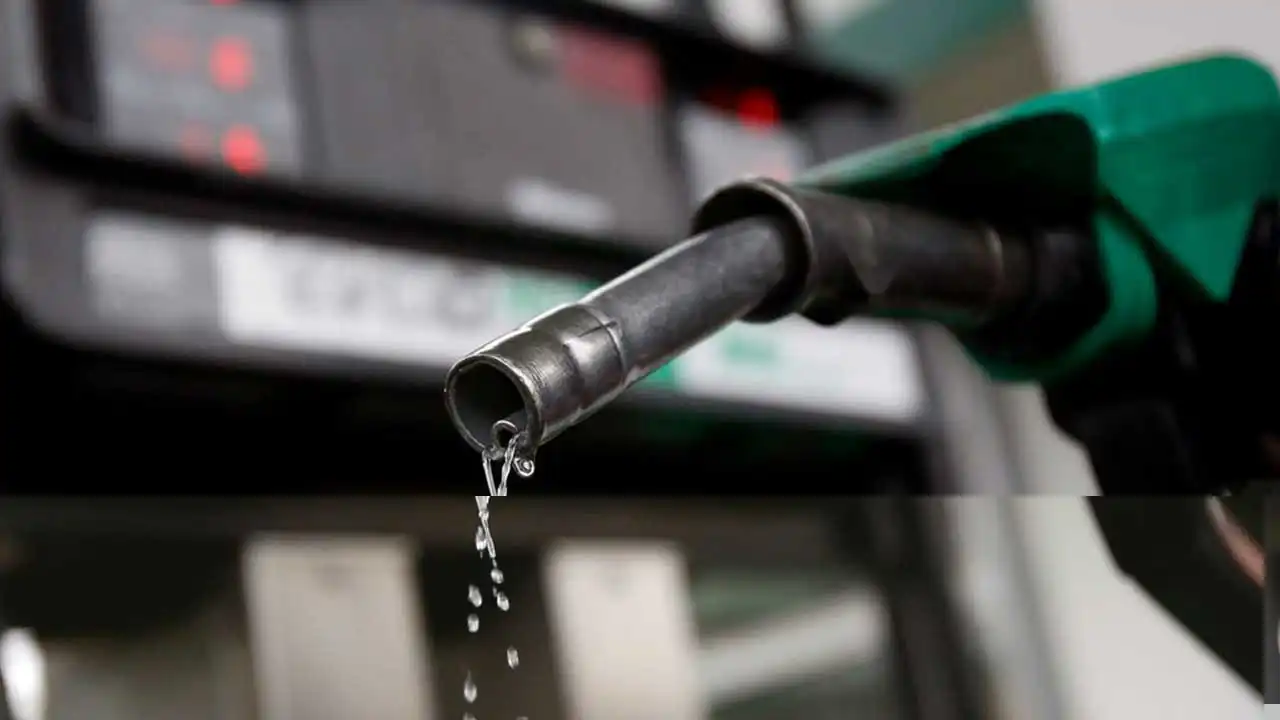
As stated by the Nigerian National Petroleum Corporation (NNPC), it is not possible for the corporation to bring down the price of Premium Motor Spirit (PMS) also known as petrol due to the high demand of the product in the country. NNPC, which through its strategic intervention has successfully reduce the price of Automotive Gas Oil (AGO) popularly called diesel by 42 per cent, noted that though the corporation has flooded the market with petrol, its hardly enough to bring down the price due to the high demand of petrol in the country. Speaking on Monday, NNPC Spokesperson, Ndu Ughamadu, listed some of the Corporationís strategic interventions in reducing the price of diesel in the market include improving the supply of AGO and remodeling of the product distribution to address sufficiency issues across the country. "Diesel is deregulated, which means a marketer is allowed to import and sell product at whatever price. It works solely in accordance with the law of supply and demand and this is not applicable to PMS," he saif "The PMS market is partially deregulated with an element of regulation in the price of the product. Government has fixed the price of petrol, but some marketers have not been importing and the weight to ensure continuous flow of petrol is solely on NNPC. "The consumers of petrol are more than those consuming diesel, which is why the price of petrol is difficult to come down," he also stated. Meanwhile, a national survey by Oil and Gas Forum, NNPC' s weekly TV programme, indicated that in the last few weeks, the price of diesel has fallen steadily from between N175 and N200 per litre as at June 18, 2017, to as low as between N155 and N160 per litre in some stations across the country as at last week. The study showed that NNPC Mega Stations and its affiliates across the country sold the product for N160 per litre while many major and independent marketers in Abuja, Lagos, Kaduna, Onitsha, Enugu, Makurdi and most major cities were selling between N160 and N165 per litre. In Port Harcourt the average price is as low as N150 per litre. The Manager of a fuel retail station in Abuja, Ibrahim Isah, stated the station had to reduce the selling price to N165 per litre in line with the prevailing market situation in order to sustain the turnover of the business. An independent marketer in Makurdi, Innocent Abbah, stated the going ex-depot price of diesel from tarmac or local private depots is N155 per litre. However, the situation is slightly different in Asaba and Warri in Delta State and Uyo in Akwa Ibom State where most independent fuel stations as well as major marketers sold the product for N180 per litre. It would be recalled that the price of AGO crashed by about 42% nationwide, a huge downslide over the last six months, following key strategic interventions by the NNPC. In the first quarter 2017, retail prices of AGO, which is one of the deregulated products, shot up to an all-time high of N300/litre in major demand centres across the country. Ughamadu stated the unpleasant situation placed a huge burden on truck drivers who use the product as fuel for their vehicles and the nationís manufacturing sector which requires it to run its operations, as well as on the masses who need it for household power generation. Another area of intervention that has enhanced supply and distribution of diesel is the corporationís robust engagement with critical downstream stakeholders such as Major Oil Marketers Association of Nigeria (MOMAN), Nigerian Association of Road Transport Owners (NARTO), Petroleum Tanker Drivers (PTD) as well as Independent Petroleum Marketers, leading to the resolution of salient issues. The corporation has also taken huge steps to resuscitate some of its critical pipelines and depots such as the Atlas CoveMosimi Depot Pipeline, Port-Harcourt Refinery ñ Aba Depot Pipeline, Kaduna ñ Kano Pipeline and the Kano Depot which have enhanced efficiency in the distribution of AGO. Efforts are also ongoing to revamp and re-commission other critical pipelines and depots across the countryî, he also stated.